Clogged pores, genetics, age, and sun damage are the main causes of enlarged pores.
But this doesn’t mean that you can’t minimize them.
It’s absolutely possible to reduce this problem if you pick the right treatment and do some basic cleaning procedures.
We have checked some tips from dermatologists and we want to share them with you so your skin can look flawless.
1. Only use cleansing products that are adapted to the natural pH of the skin’s protective barrier.
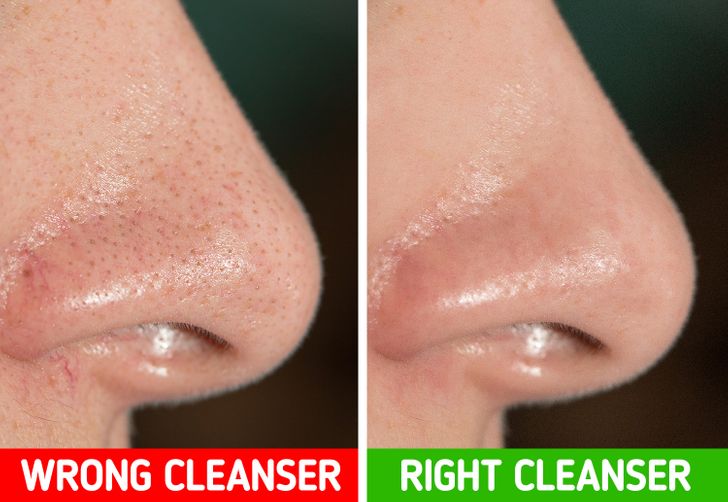
We may like to experiment with cleansing products but sometimes we forget to check their pH balance.
Cosmetologists say that actually, this is a crucial thing.
Your skincare products should be adopted to your skin, which normally lies between 4.7 and 5.75 when we’re talking pH.
The wrong cleanser can be a trigger to less resilient and more sensitive skin.
Besides wide pores, it also leads to different skin diseases like dermatitis and rosacea.
2. Don’t use day cream on an oily nose.
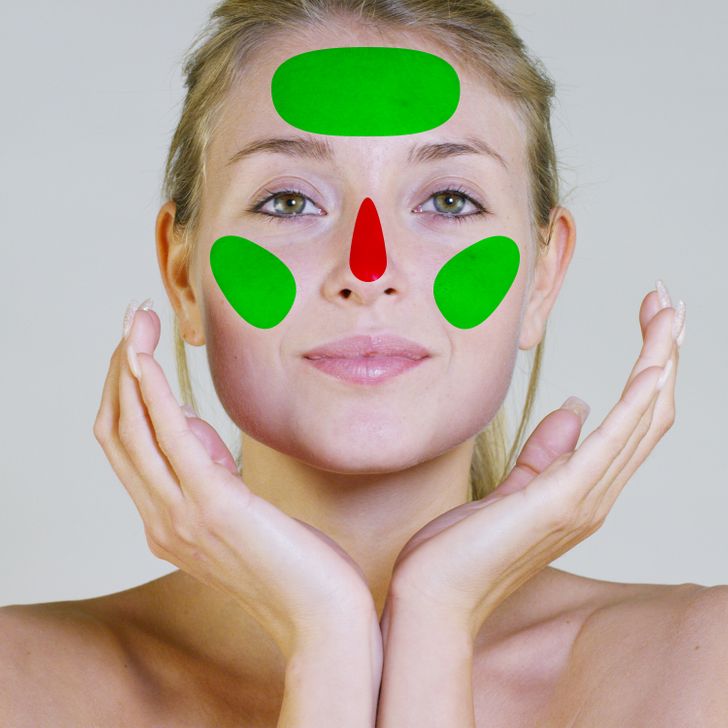
It may sound weird, but dermatologists don’t advise applying a cream on your nose if it’s oily or if you have blackheads.
This can lead to even wider pores. When using sunscreen on your face, you should choose those that are oil-free.
3. Apply glycolic acid to unclog the pores.
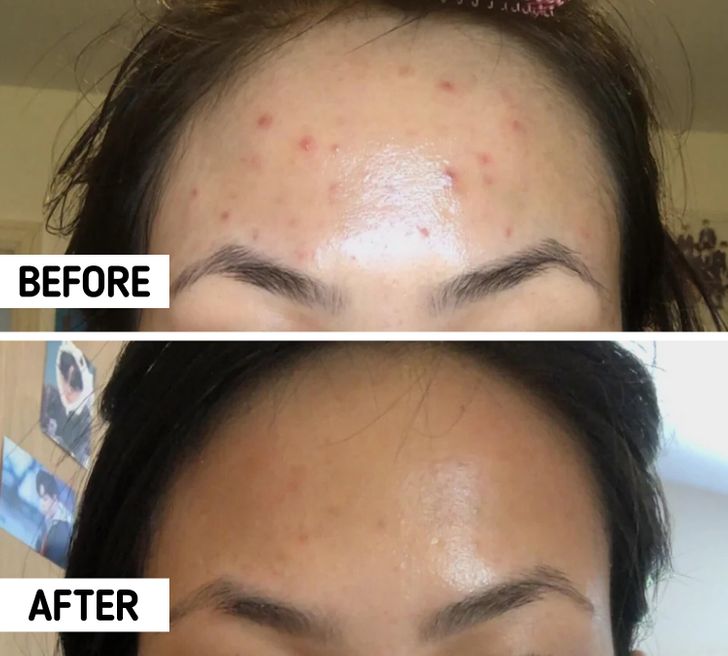
If you have large, clogged pores dermatologists suggest using glycolic acid. It can be used even for dry skin.
Using products that contain this ingredient may help you to reduce enlarged pores by sweeping away dead skin cells and oil that gets stuck inside pores.
4. Wash your face twice a day with warm water.
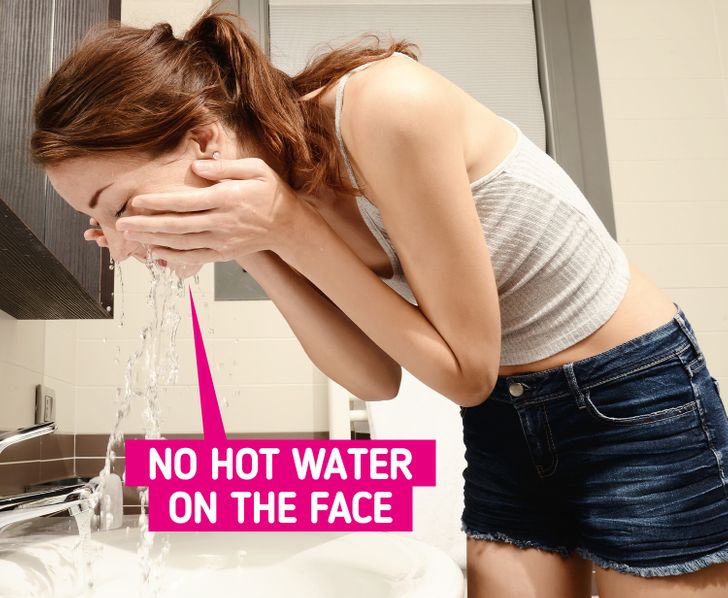
Normally, clogged pores and an oily complexion makes pores look larger.
Wash your face in the morning and before bed to unclog pores, but don’t forget that the water shouldn’t be very hot because it can irritate your skin even more.
And when the skin is irritated, it makes your pores look larger.
5. Use oil-free sun protection.
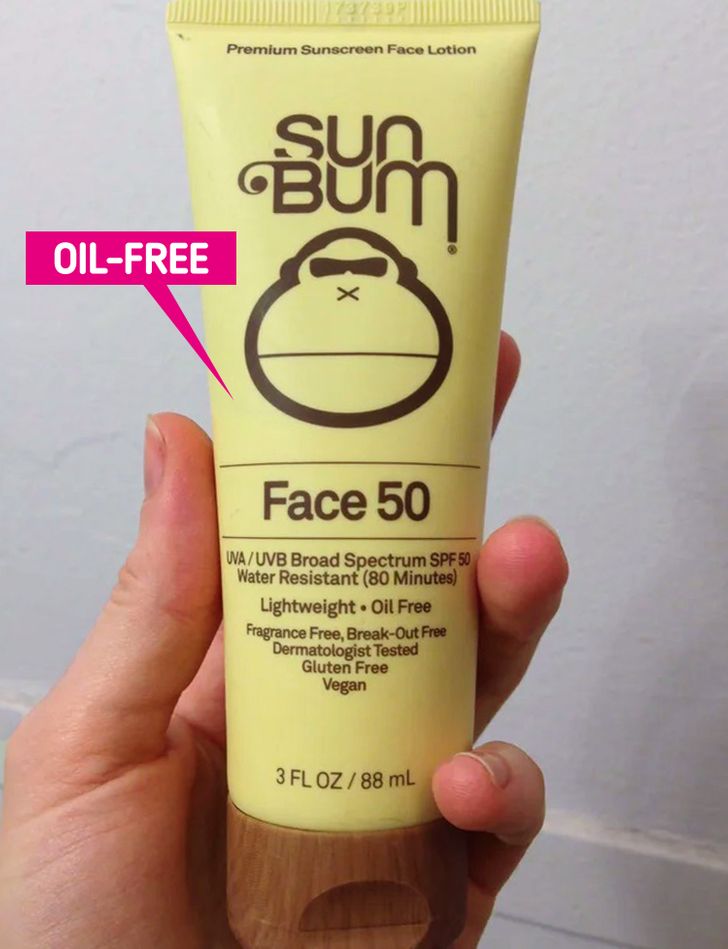
Your sunscreen can also clog your pores.
- For acne-prone and oily skin use an oil-free sunscreen. It should be very light in texture and may contain zinc.
- It’s better to avoid waterproof sunscreen because your skin won’t be able to breathe and your pores will be clogged even more.
- For dry skin, you should use a sunscreen with a lightweight moisturizer, but not an oily one.




